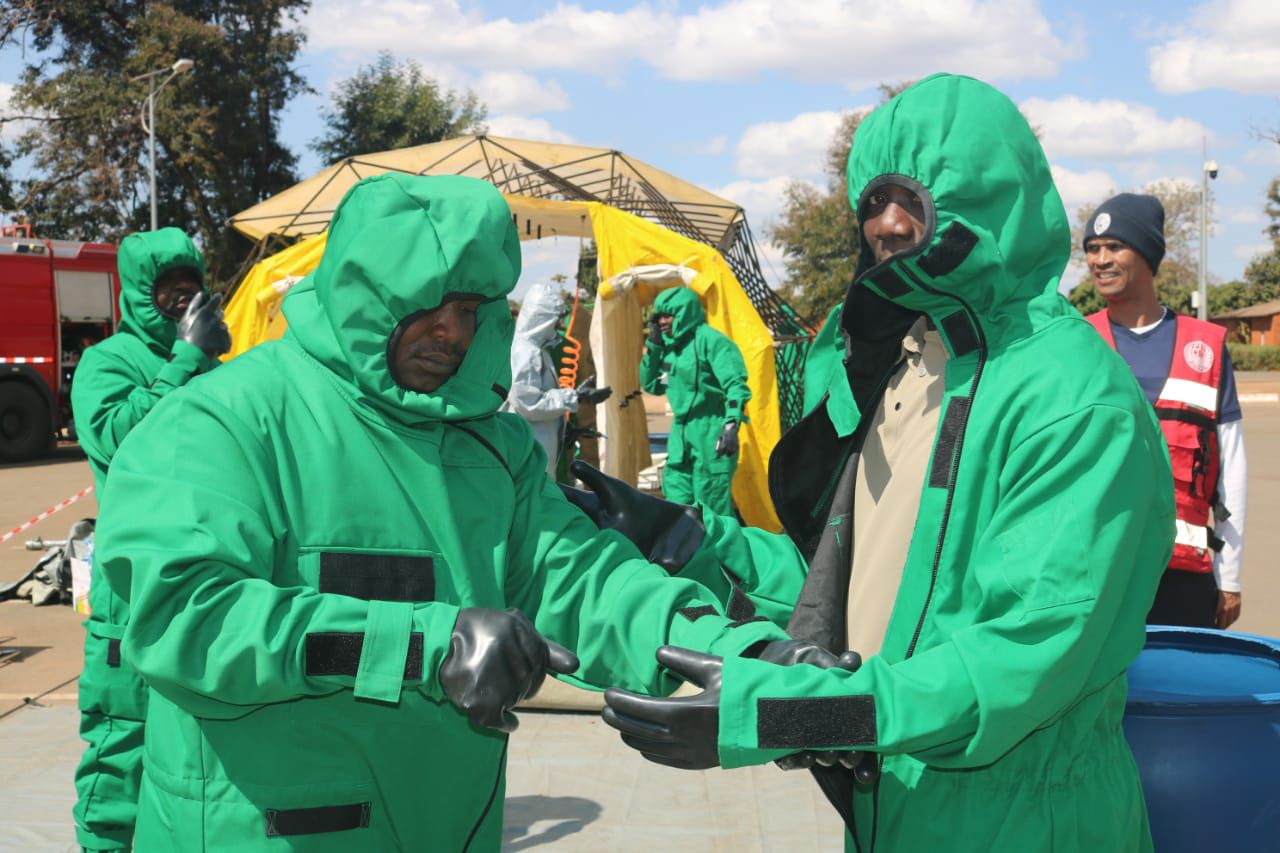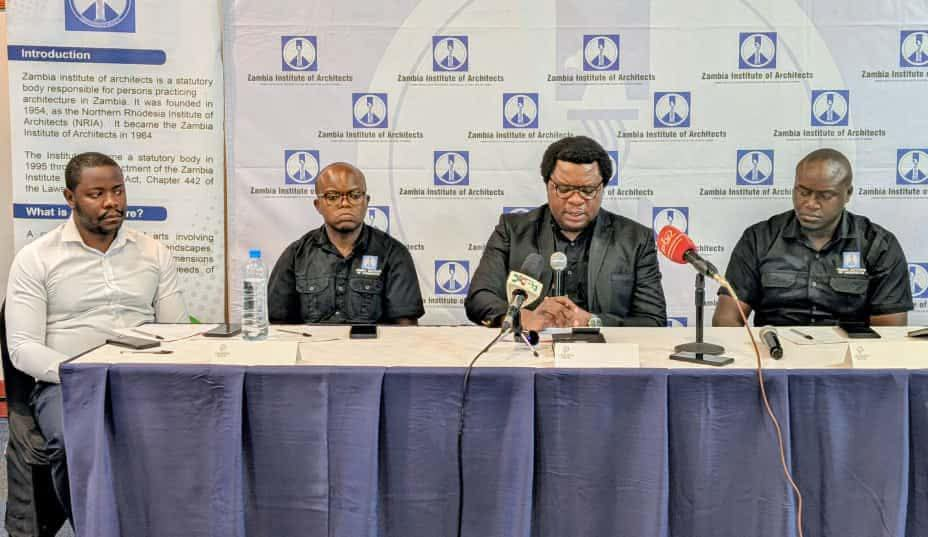WITH toxic threats no longer a distant concern but a real possibility in today’s volatile world, Zambia and some other African countries have started cementing their roles as regional leaders in chemical emergency preparedness by holding a high-level international training held this week in Lusaka.
https://www.facebook.com/share/p/1C2cqpYT7s/?mibextid=oFDknk
The five day Basic Course on Emergency Response to Chemical Incidents drew 31 participants from 14 English speaking African countries to the Zambia Army Headquarters.
Under the umbrella of the Organisation for the Prohibition of Chemical Weapons (OPCW), the course aimed to sharpen Africa’s collective response to chemical warfare and industrial chemical emergencies.
As part of the training, participants engaged in live demonstrations of decontamination techniques, chemical threat detection using specialised equipment and the use of personal protective gear such as gas masks and suits.

Closing the training yesterday, Foreign Affairs and International Cooperation permanent secretary Margaret Miyoba said the exercise was more than just a routine capacity building, it was a strategic step toward protecting African populations from emerging chemical threats.
“This training is not just about ticking boxes. It is a significant step toward ensuring that African nations are not left vulnerable,” said Miyoba.
“Zambia remains fully committed to the Chemical Weapons Convention and to a world free of chemical weapons.”
She noted that Zambia, having ratified the Chemical Weapons Convention in 2001, has since built a robust domestic framework through the Chemical Weapons Act of 2007 and the establishment of the Zambia National Authority.
These moves, she said, reflected the country’s serious approach to chemical safety and international cooperation.
Ministry of Defence Director of the International Military Sports Council, Brigadier General Carl Jones Bwalya, described the course as knowledgeable and helpful for countries like Zambia.
“This training gives us a chance to prepare ourselves adequately for any chemical incidences,” Brig Gen Bwalya said, noting that such emergencies demand readiness not just from the military, but across civil defence, police, fire and rescue services and medical responders.
Participants included officers and soldiers from allied African militaries, along with police and fire brigade teams.
Countries represented ranged from Uganda, Kenya and Nigeria to Gambia, Lesotho, and Seychelles.
OPCW programme officer Dr Babatunde Olowookere said the organisation’s goal was to ensure member states have the practical knowledge to respond swiftly and safely to chemical incidents, whether they are the result of warfare, terrorism, or industrial accidents.
The Ministry of Defence, co-hosting the event with the Ministry of Foreign Affairs, used the platform to encourage African governments to continue investing in preparedness, by calling for stronger regional cooperation.
By Catherine Pule
Kalemba, July 26, 2025





